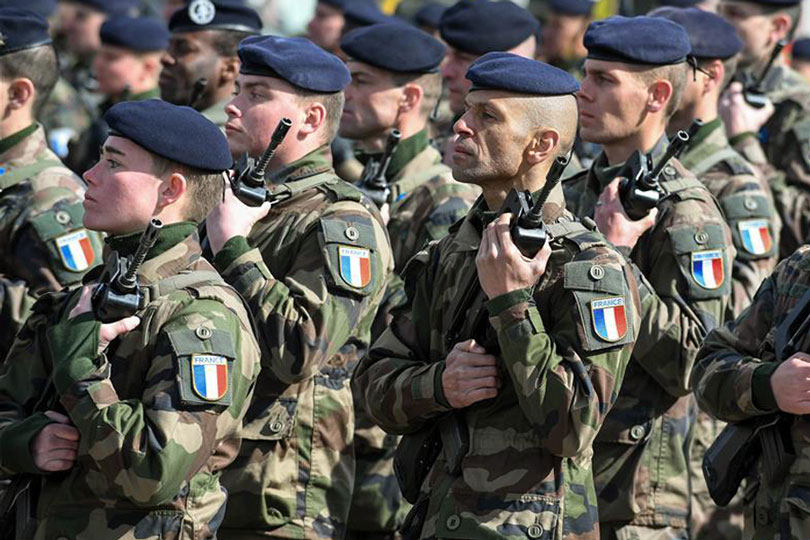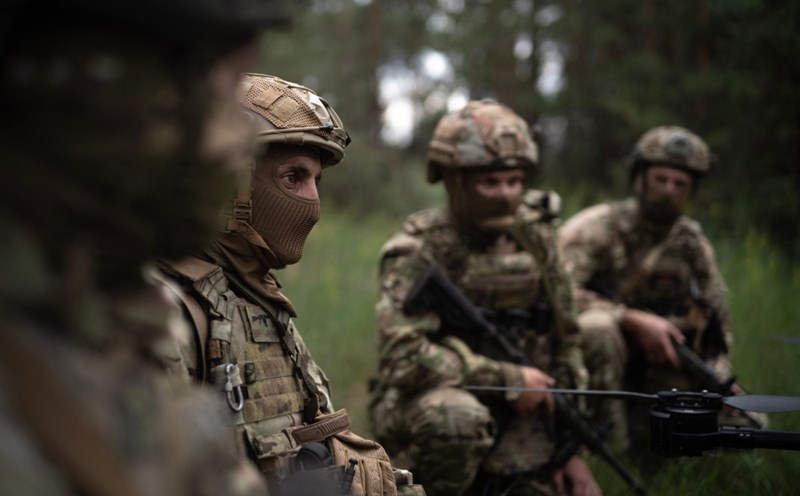A European security official said that any force deployed to Ukraine would need to have a "combat mission" to act if it were under pressure from Russian fire.
The official said the move means they cannot operate under the name of peacekeeping forces or are responsible for peacekeeping, stressing that responding to attacks from Russia will still be the responsibility of the Ukrainian army itself.
This argument reflects deep concerns about the safety of Western soldiers, because if they have to directly confront Russia, it would be no different from the West directly participating in the conflict.
Not stopping there, even the UK and France - two nuclear powers that have always played an important role in the international arena - are being questioned about their ability to send troops to Ukraine because both are said to be facing political and economic difficulties.
A European Union (EU) diplomat said the peacekeeping force initiative is still vague as, according to the official, both British Prime Minister Keir Starmer and French President Emmanuel Macron are facing political instability.
Meanwhile, one of the pillars of the EU and the European superpower such as Germany is still on the sidelines.
Social Democratic lawmaker Andreas Schwarz, who is responsible for overseeing Germany's defense budget in parliament, explained that Berlin has a lot of rigorous principles in the legal process with major military issues, requiring the consent and approval of lawmakers in parliament.

Therefore, the government or ministers alone cannot make decisions arbitrarily, such as sending troops to Ukraine.
Not stopping there, the German army is also considered too small and the cash flow into the defense has only recently been restarted, making it difficult to deploy a large force to the East.
Even sending 5,000 troops to Lithuania on a regular mission is a challenge for the German Armed Forces (Bundeswehr). We simply dont have enough personnel for a big team, Schultz said. Even a small rally will be a challenge."
The plan has become increasingly uncertain as Poland - the country with the largest army in the EU - has also rejected sending troops to Ukraine, but has noted that it will provide logistical assistance for any mission on the Eastern Front.
" Poland has its own strategic dilemma because it has borders Russia and Belarus, so it cannot weaken the forces needed to deal with a potential attack," a senior Polish official on condition of specification said.










